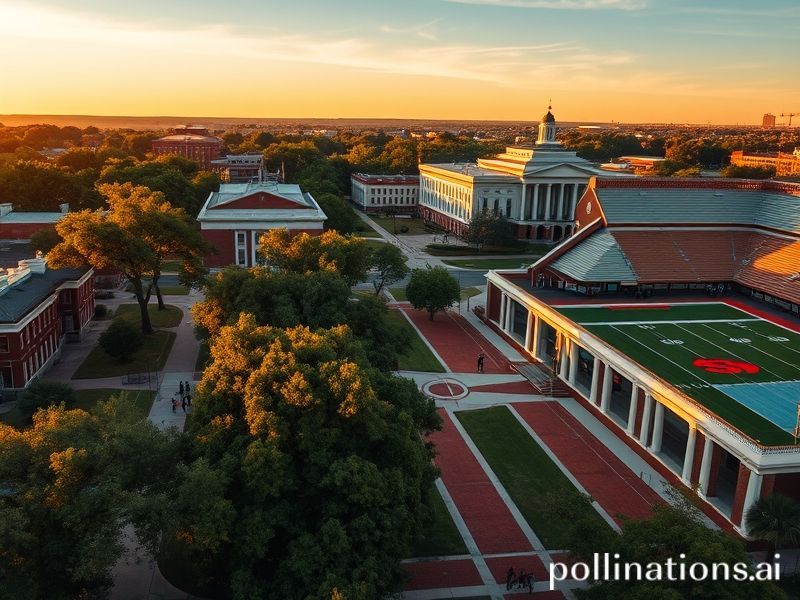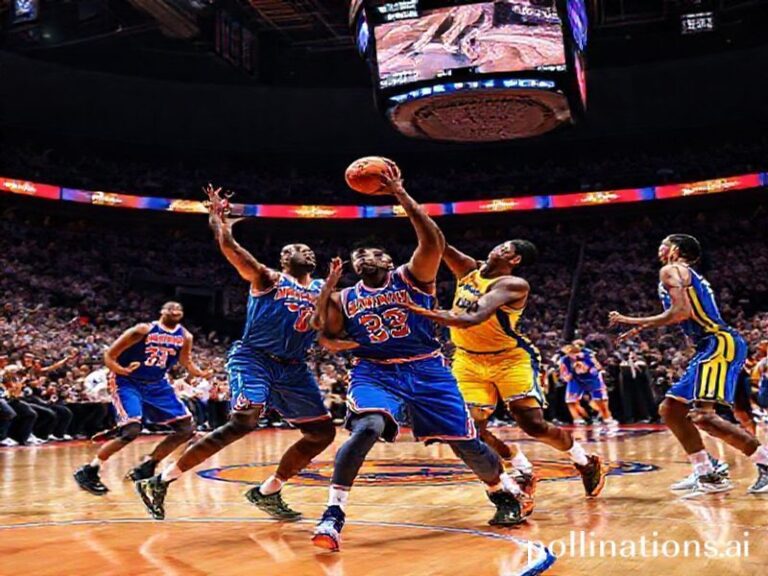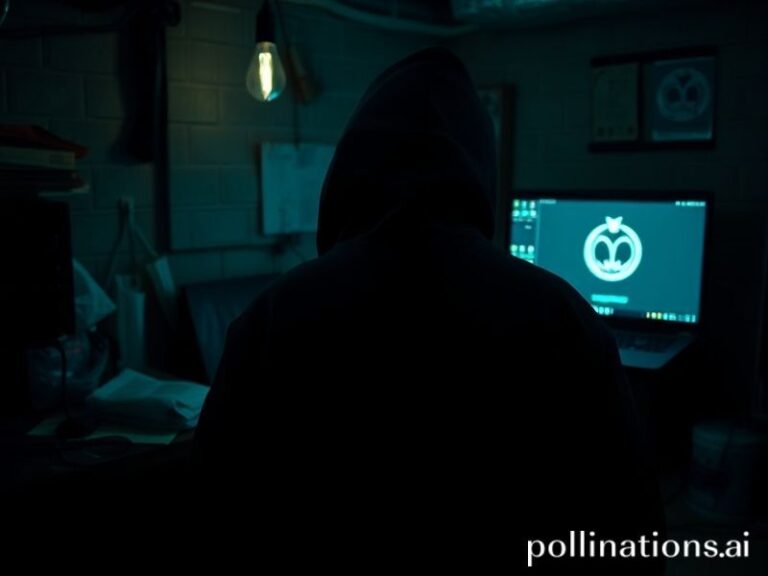Southern University: How a Tiny Baton Rouge Campus Became the World’s Most Honest Crash Course in the 21st Century
Baton Rouge, Louisiana – It is a safe bet that most people on the planet have never Googled “Southern University,” yet the phrase still manages to radiate a gravitational pull for anyone wondering how a former slave colony quietly reinvented itself as an exporter of culture, football trauma, and contradictory optimism. From Lagos to Lahore, the name conjures the American South the way “Siberian University” might summon vodka-scented gulags: equal parts folklore and weather report.
Southern University and A&M College—founded in 1880, when Reconstruction was being smothered in its cradle—now sits on the north bank of the Mississippi like a stubborn punctuation mark in America’s unfinished sentence on race. The institution itself is tiny by global standards: roughly 7,000 students, or about the same number of applicants rejected last week by the University of Tokyo. Yet its marching band, the Human Jukebox, has performed from Paris to Beijing, which means a brass section from the Deep South has probably played more foreign capitals than half the U.S. State Department.
To understand the wider ripples, consider the curriculum: agronomy, cyber-security, and hip-hop studies all under one leaky roof. That combination is catnip for development agencies trying to convince African finance ministers that the future of food security will be decided by someone who can both sample a beat and debug a server farm. The Bill & Melinda Gates Foundation has quietly funneled grants here to study drought-resistant sorghum; meanwhile, Chinese delegations arrive every spring to photograph the labs and, presumably, the cafeteria, where the fried catfish alone could reverse Belt and Road deficits.
Then there is the export nobody talks about in donor reports: trauma economics. Southern’s football program, a reliable cardiac event for alumni, produces NFL talent at roughly the same rate that it produces orthopedic surgeons who will later patch that talent back together again. Satellite sports channels in Seoul and São Paulo now broadcast these games, ensuring that the spectacle of unpaid labor colliding at high speed remains the United States’ most persuasive soft-power advertisement since the invention of jazz.
The university’s other global footprint is subtler: the diaspora pipeline. Every May, a procession of first-generation graduates boards one-way flights to Dubai, Toronto, or Luxembourg clutching STEM degrees and a family expectation that remittances begin before the jet lag ends. Their WhatsApp group chats—equal parts prayer emojis and forex tips—function as an informal Federal Reserve for half the Caribbean. When the Ghanaian cedi wobbles, someone in Baton Rouge is usually asked to wire emergency reserves from a part-time job grading papers on Plato.
All of which makes Southern a tidy allegory for the twenty-first century itself: underfunded, overbranded, and somehow indispensable. While European universities debate whether to remove dead white men from the syllabus, Southern is busy teaching dead white men and live black women in the same classroom, then live-streaming the discussion to an audience in Nairobi that will fact-check both in real time. The result is messy, occasionally farcical, but more globally relevant than a thousand TED Talks on “inclusive innovation.”
In the end, Southern University matters not because it solves the world’s problems, but because it stages them in surround sound. Climate change, algorithmic bias, and the cultural aftershocks of empire are not seminar topics here; they are the daily weather. And like any good weather report, the forecast is delivered with a shrug, a brass riff, and the unspoken understanding that the levee could break before the next tuition payment clears.
Which, come to think of it, is about as honest a syllabus as the international community is likely to get these days. Class dismissed—unless the band strikes up again, in which case we’re all staying for an encore nobody can really afford.







